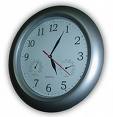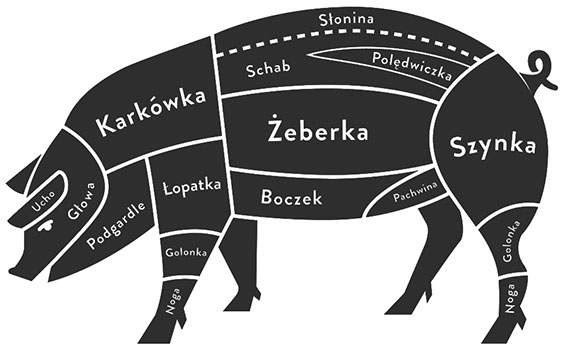Winter time reduces the risk of a heart attack

As daylight saving time changes to daylight saving time, the number of heart attacks increases, and in the fall, when we switch to winter time – decreasing – according to a study by Swedish scientists published on Wednesday. Research in Sweden shows, that the likelihood of a heart attack increases in the first three business days following the introduction of daylight saving time, which may be related to the reduction in sleep time. When the clocks are turned back an hour in the fall and as a result people can sleep an hour longer – the risk of a heart attack decreases. “Our data suggests, that avoiding sudden changes in the biological clock can do good to vulnerable people” – informed Imre Janszky from the Karolinska Institute and Rickard Ljung from the National Health and Healthcare Council in Stockholm. In a letter to the magazine “New England Journal of Medicine” they write, that one hour less sleep could be causing the increase in heart attacks, the clock hand is moved forward. “Getting up earlier on the first working day of the week and the resulting slight reduction in sleep time may hypothetically adversely affect the cardiovascular system- vascular disease of some people. Effects on the cardiovascular system- vascular is less severe, when changing the time allows you to sleep longer” – scientists write. In the fall, the beneficial effect of the time change may only last for one day, Because “monday is that day, when most of us use that extra hour” – said Janszky. Seems, that women are more likely to suffer from heart attacks due to time changes than men.
In turn, they seem to benefit more on Monday after switching to winter time. The effect of changing time is stronger in humans, who have not completed 65. age. “Retirees are more independent of the official time” – added Janszky. Above 1,5 billion people live in countries, which apply the time shift. Heart attacks and heart disease are the main causes every year (29 proc.) worldwide deaths – according to a report from the World Health Organization published this week (WHO).










